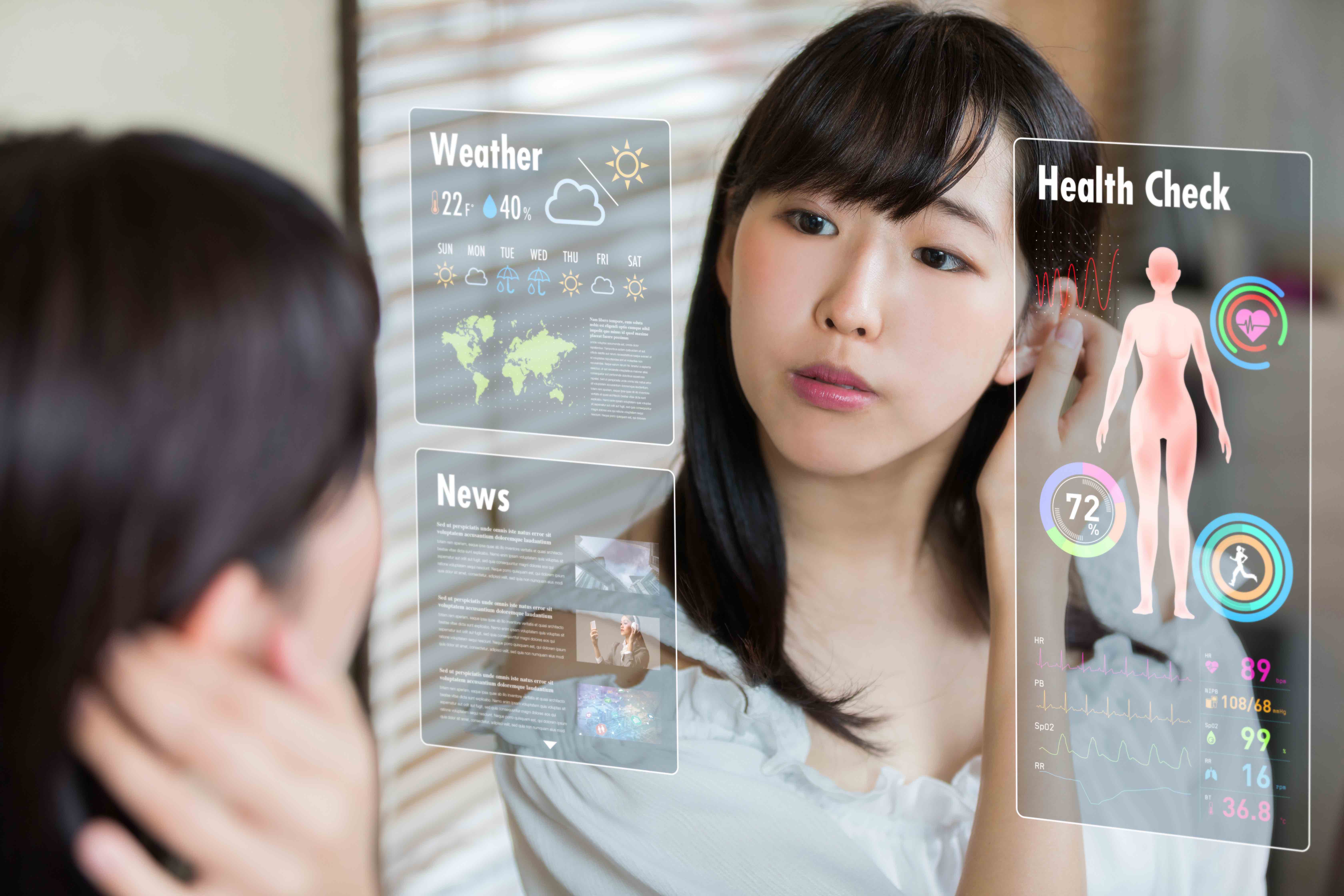Consumer demand for personalised products using technology boosts demand for smart mirrors


23% of image-conscious consumers across the world are actively buying smartphone-connected electronic tools and devices to enhance their beauty regime, while 34% are interested in the concept, found data and analytics company Global Data’s Foresights: Smart Mirror Report.
Smart mirrors allow customers to analyse their skin texture and offer tailored skincare recommendations, influencing their product choices, as well as letting them interact with gestures and voice commands.
One example is Panasonic’s smart mirror which analyses customers’ skin and 3D prints the recommended make-up mix on a patch that can be applied onto the skin. India-based Nuovotec and Singapore-based Fredtechnology also launched smart mirrors last year.
With customers’ beauty needs becoming ever more specific, there is now a growing demand for those who want completely personalised products – fuelling the “right-for-me” trend.
For example, 38% perceive the beauty and grooming products advertised for their skin type to be tailored to their needs, while 32% think the same about products suitable for their skin health and 28% say it matches their social activities, the report found.
“With smart mirrors offering multiple functionalities, going forward they will be used as a diagnostic tool by consumers as part of their wellbeing,” said Kalyan Rampa, analyst of consumer insights at Global Data. “In addition, since smart mirrors recommend the most suitable products to consumers it can be said that these devices serve to be a one-stop-shop in the cosmetics industry, thus playing a pivotal role in the beauty regime of consumers in the times ahead.”

